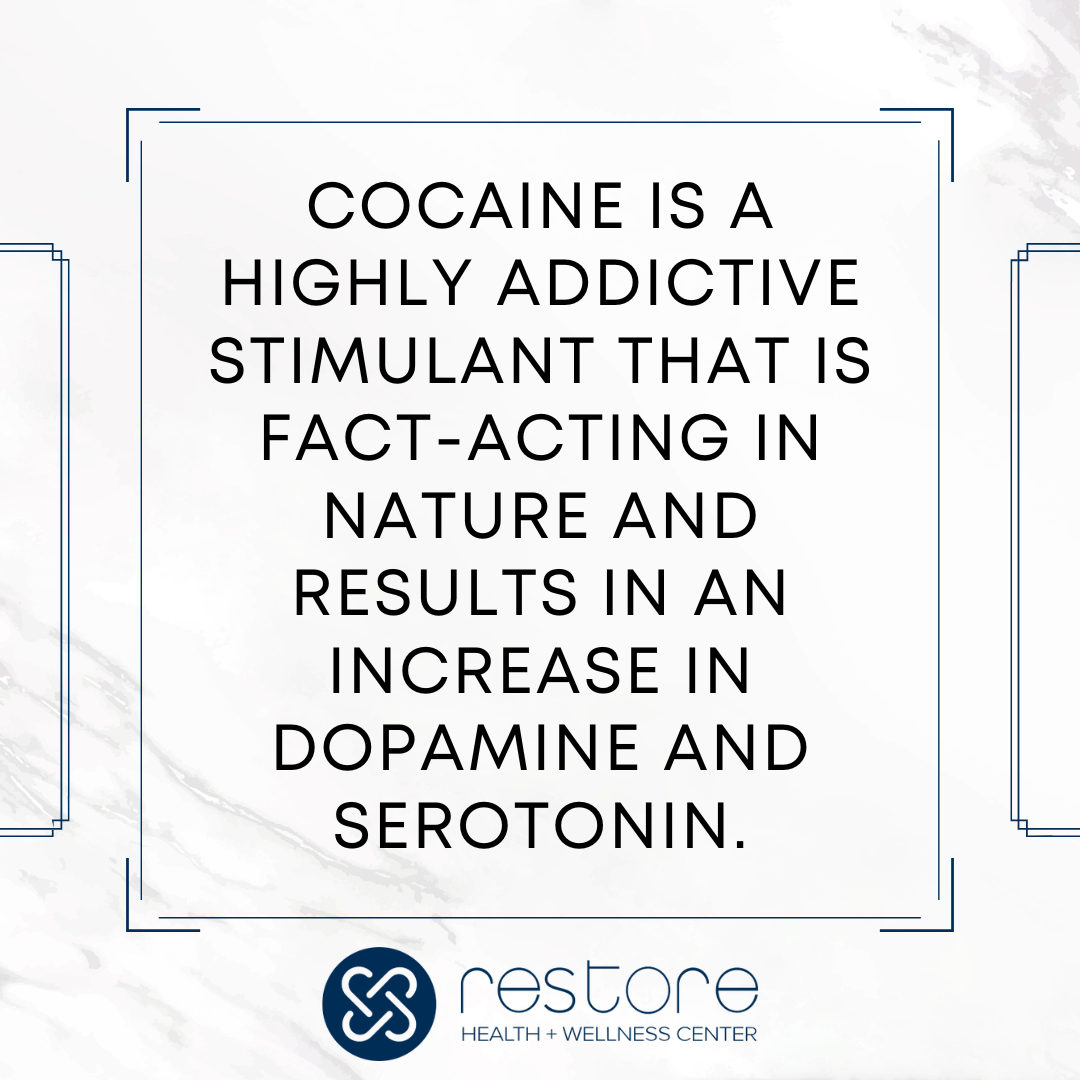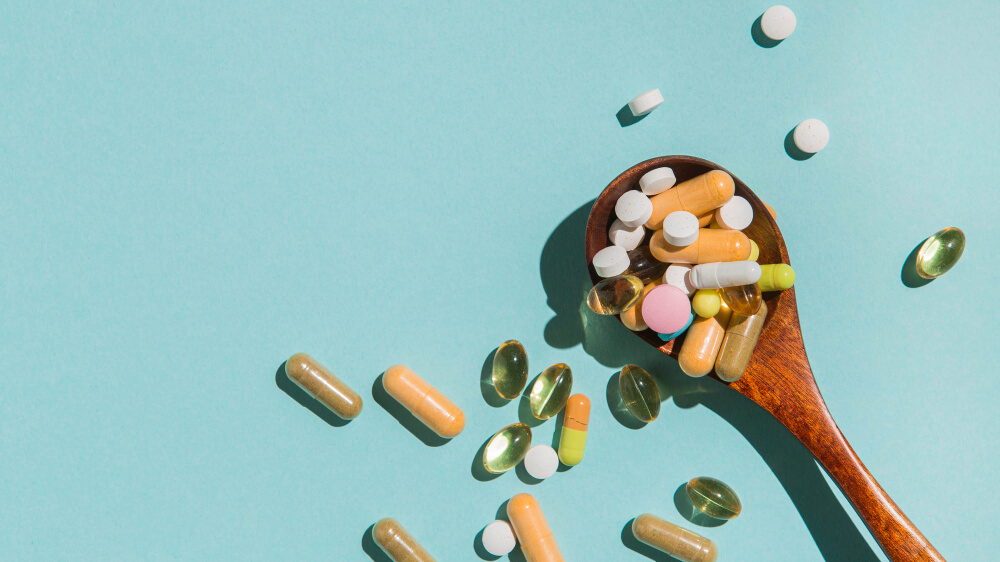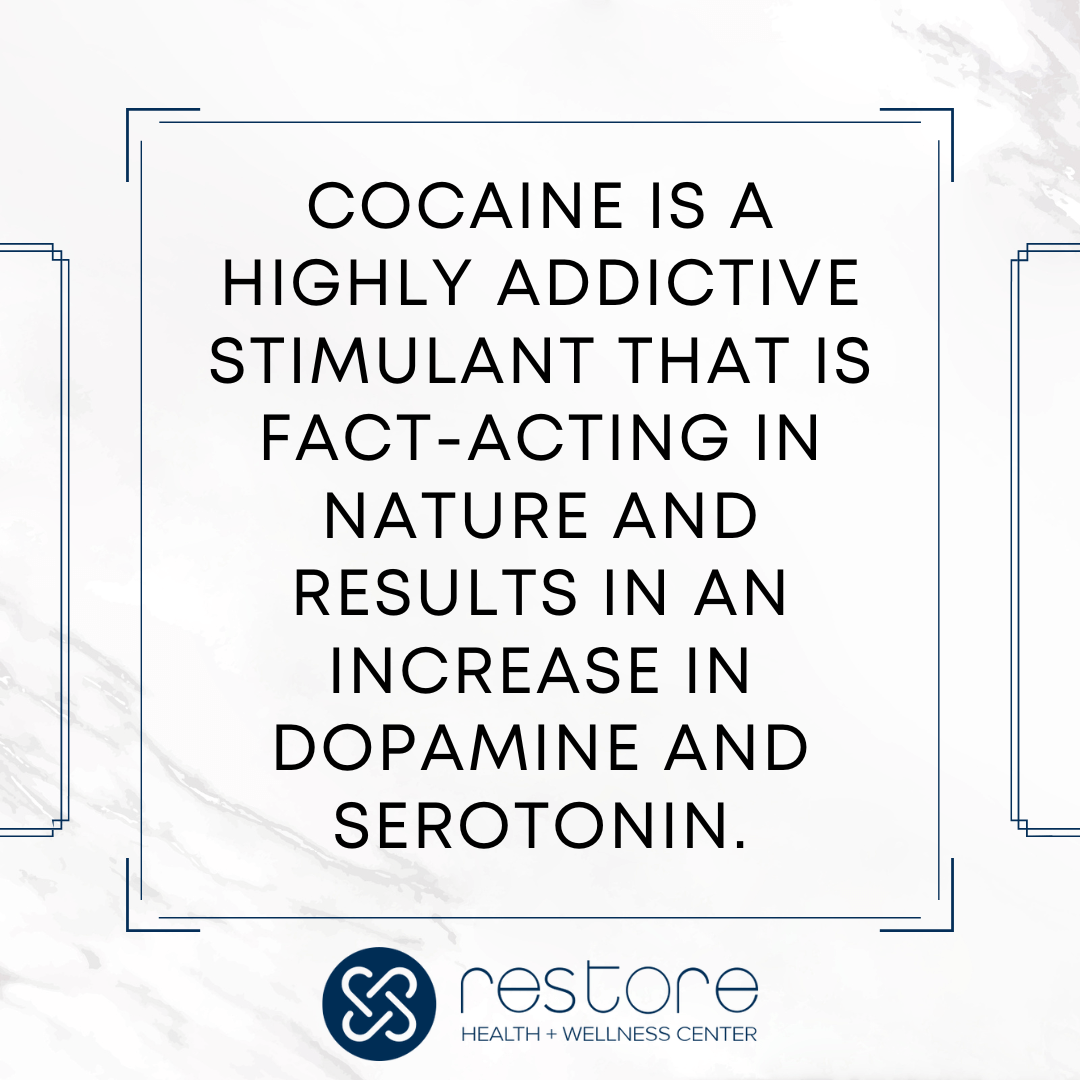
To answer the question, “What is the most addictive drug?” one has to know that some drugs are much more powerful than others. Certain substances have a unique way of “hijacking” the brain’s reward system, creating a cycle where users feel compelled to return for more.
For instance, drugs like opioids and methamphetamine can trigger intense dopamine releases. Over time, the brain starts to rely on the drug for these dopamine boosts, resulting in dependency. So, are you curious about which drug holds the title of the most addictive?
Read on and explore how different drugs impact the brain and what makes some of them nearly impossible to quit.

What Makes a Drug Addictive?
Drugs can be addictive due to their effects on the brain and body. Now, some people may be addicted to a particular drug because of their body’s response and the drug’s impact on the brain. The key factors include:
- Brain chemistry alteration: drugs impact neurotransmitters like dopamine, serotonin, and endorphins.
- Reward and pleasure: drugs activate the brain’s reward system, releasing feel-good chemicals.
- Tolerance and withdrawal: regular use leads to tolerance, causing users to increase doses and withdrawal symptoms when stopped.
- Physical and psychological dependence: drugs alter bodily functions and aid in coping and pleasure, making users dependent.
- Repeated exposure: frequent use reinforces addiction.
- Drug potency and delivery: faster absorption and stronger effects increase addiction risk.
What are the Most Addictive Drugs?
Certain drugs have a powerful grip on the brain, leading to intense addiction that’s hard to escape. With the numerous addictive drugs out there that can quickly flood the brain with the “feel-good” chemical, here is a list of which drugs are considered the most addictive and why.
Nicotine
Nicotine is a highly addictive substance found in tobacco products, e-cigarettes, and some medications. For some people who are into smoking cigarettes, this substance helps them enhance their focus and alertness while helping their muscles release tension and relax. Nicotine reaches a person’s brain in just 10 seconds of inhalation.
Clearly, with an effect like that, a person will have a great tendency to be highly dependent on it. This can eventually lead to difficulty in quitting when one’s been dependent for quite a while.

Heroin and Opioids
Heroin and opioids also made it to the list of most addictive substances. They can cause severe withdrawal symptoms, making quitting challenging. Here’s why:
- Heroin: 2-5 times more potent than morphine
- Fentanyl: an opioid used for pain relief, can be 50-100 times more potent than morphine
- Oxycodone: a pain reliever that acts on the CNS or central nervous system, can be 1.5-2 times more potent than morphine.
Withdrawal symptoms (6–12 hours after last use) often begin with muscle aches, sweating, and tremors. Worse is when it is accompanied by anxiety and insomnia. 24-48 hours after use, symptoms such as diarrhea, nausea, vomiting, and abdominal cramps may take place.
Cocaine
Cocaine is a highly addictive stimulant that is fact-acting in nature and results in an increase in dopamine and serotonin. Some users use this substance to heighten their alertness and confidence and focus on doing things. Notably, cocaine effects bring its users intense pleasure and euphoria. So, is cocaine addictive? Yes. to the point that it makes it difficult for a person to quit using it.
Methamphetamine
Severe long-term psychological and physical consequences can be experienced by meth users. Even with a low amount of use, this substance can immediately increase energy and alertness but may result in a high risk of dependence. With prolonged use of meth, dopamine receptors may be reduced, leading to brain damage, memory loss, psychotic episodes, and even an increased risk of Parkinson’s disease.

Prescription Medications and Alcohol
When talking about substances such as prescription medications and alcohol, many people consider these safe due to their availability and legal status in the market. However, alcohol and prescription drug abuse can still create a high risk of dependency among their users.
Prescription drug addiction can happen through painkillers like benzodiazepines used for medical reasons. Even when taken as directed, these medications can alter brain chemistry, creating a cycle of reliance.
On the other hand, alcohol is commonly consumed in social settings and is widely accessible, which can mask its addictive nature. Because it’s legal, the risks of alcohol dependence are often underestimated, even though its effects on the brain can be as intense as many illicit drugs.
How to Seek Help When You’re Deep Into Addiction
Seeking help for addiction takes courage on the part of people who may have been in and out of rehab or who are taking baby steps to break free from it. But no matter how big or small the step toward recovery is, celebrating a brighter and more meaningful life will always be a win.
Here are some steps to help you move forward:
- Recognize the need for help. Acknowledge and accept the impact of addiction in your life.
- Reach out for support. You may share your struggle and desire to change with a trusted friend or family member. You may also look for a support group to join.
- Ask for professional help. Given your desire to change, this may be the best time to consult a physician, therapist, or counselor who can provide treatment options and recovery resources.

Conclusion
Remember, recovery from addiction is always possible. Along the way, there may be setbacks, but a relapse doesn’t mean failure. Rather, it’s a chance to learn and grow stronger.Are you ready to take your first step to recovery? Join us at Restore Health and Wellness Center to start your rehabilitation today!












